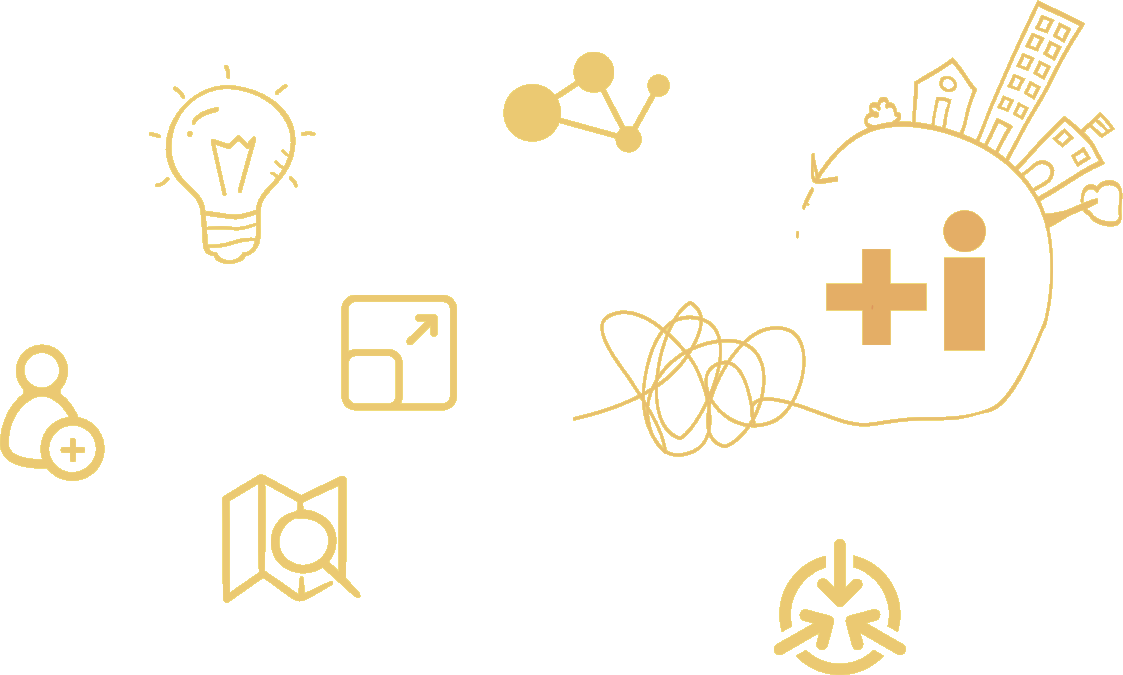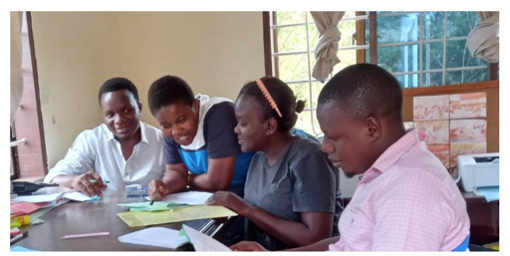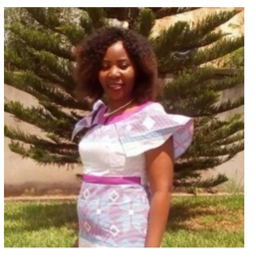Nijuze: The exit gateway from child marriage and pregnancies

The challenge
The project
Know more...
Investment
(*): In kind/pro bonus
(**): Financing
Funds
Needed
Covered
Solicited
Investment
(*): In kind/pro bonus
(**): Financing
(**)
u$s 500.00
u$s 0.00
u$s 500.00
(**)
u$s 3500.00
u$s 0.00
u$s 3500.00
(**)
u$s 1000.00
u$s 0.00
u$s 1000.00
(**)
u$s 873.00
u$s 0.00
u$s 873.00
(**)
u$s 1572.00
u$s 0.00
u$s 1572.00
(**)
u$s 1310.00
u$s 0.00
u$s 1310.00
(**)
u$s 349.00
u$s 0.00
u$s 349.00
(*) (**)
u$s 3144.00
u$s 0.00
u$s 3144.00
(*) (**)
u$s 2096.00
u$s 0.00
u$s 2096.00
(*) (**)
u$s 2183.00
u$s 0.00
u$s 2183.00
(**)
u$s 437.00
u$s 0.00
u$s 437.00
(**)
u$s 218.00
u$s 0.00
u$s 218.00
(**)
u$s 218.00
u$s 0.00
u$s 218.00
(**)
u$s 218.00
u$s 0.00
u$s 218.00
(**)
u$s 2838.00
u$s 0.00
u$s 2838.00
(**)
u$s 600.00
u$s 0.00
u$s 600.00
(**)
u$s 2838.00
u$s 0.00
u$s 2838.00
(**)
u$s 1419.00
u$s 0.00
u$s 1419.00
(**)
u$s 873.00
u$s 0.00
u$s 873.00
(**)
u$s 1500.00
u$s 0.00
u$s 1500.00
(**)
u$s 1047.00
u$s 0.00
u$s 1047.00
(**)
u$s 1500.00
u$s 0.00
u$s 1500.00
(**)
u$s 2838.00
u$s 0.00
u$s 2838.00
(**)
u$s 2838.00
u$s 0.00
u$s 2838.00
(**)
u$s 1500.00
u$s 0.00
u$s 1500.00
(**)
u$s 6000.00
u$s 0.00
u$s 6000.00
(**)
u$s 2000.00
u$s 0.00
u$s 2000.00
(**)
u$s 2620.00
u$s 0.00
u$s 2620.00
(**)
u$s 4716.00
u$s 0.00
u$s 4716.00
(*) (**)
u$s 4716.00
u$s 0.00
u$s 4716.00
(*) (**)
u$s 3144.00
u$s 0.00
u$s 3144.00
(*) (**)
u$s 7860.00
u$s 0.00
u$s 7860.00
(*) (**)
u$s 3930.00
u$s 0.00
u$s 3930.00
(*) (**)
u$s 1747.00
u$s 0.00
u$s 1747.00
(*) (**)
u$s 1965.00
u$s 0.00
u$s 1965.00
(*) (**)
u$s 39301.00
u$s 0.00
u$s 39301.00
(*) (**)
u$s 34585.00
u$s 0.00
u$s 34585.00
(*) (**)
u$s 23581.00
u$s 0.00
u$s 23581.00
(*) (**)
u$s 23581.00
u$s 0.00
u$s 23581.00
(*) (**)
u$s 31441.00
u$s 0.00
u$s 31441.00
(*) (**)
u$s 2390.00
u$s 0.00
u$s 2390.00
(*) (**)
u$s 16978.00
u$s 0.00
u$s 16978.00
(*) (**)
u$s 23769.00
u$s 0.00
u$s 23769.00
(**)
u$s 873.00
u$s 0.00
u$s 873.00
(*) (**)
u$s 7546.00
u$s 0.00
u$s 7546.00
Funds
Needed
Covered
Solicited
Help such Facilities to provide YFS-designate space/corner, time, staff, access publications, minor rehabilitation such as painting (**)
u$s 500.00
u$s 0.00
u$s 500.00
Purchase TV set and relevant educative videos, benches, flip chart stand, a desk and a chair (**)
u$s 3500.00
u$s 0.00
u$s 3500.00
Advertise facilities that are providing YFS using various media channels and informal networks including brochures (**)
u$s 1000.00
u$s 0.00
u$s 1000.00
Furniture (Chairs, tables, fan,)*-Others will be contibuted by WISE and the Government to a tune of 5,000,000 (**)
u$s 873.00
u$s 0.00
u$s 873.00
Laptops (**)
u$s 1572.00
u$s 0.00
u$s 1572.00
Projector (**)
u$s 1310.00
u$s 0.00
u$s 1310.00
Printer (**)
u$s 349.00
u$s 0.00
u$s 349.00
Stationary and Photocopy (*) (**)
u$s 3144.00
u$s 0.00
u$s 3144.00
Fuel (*) (**)
u$s 2096.00
u$s 0.00
u$s 2096.00
Update Account software and mantanance (*) (**)
u$s 2183.00
u$s 0.00
u$s 2183.00
Funds
Needed
Covered
Solicited
Introduction to relevant authorities including work permit (**)
u$s 437.00
u$s 0.00
u$s 437.00
Staff recruitment and Induction (**)
u$s 218.00
u$s 0.00
u$s 218.00
Map Health Facilities and designated those that meet the criteri to provide YFS (**)
u$s 218.00
u$s 0.00
u$s 218.00
Recruit and train selected youth and women to serve as volunteers/influencers/ground breakers (**)
u$s 218.00
u$s 0.00
u$s 218.00
Conduct youth friendly ASRHR education to designated staff (**)
u$s 2838.00
u$s 0.00
u$s 2838.00
Conduct mentorship and couching including annual retreat to the designated staff (**)
u$s 600.00
u$s 0.00
u$s 600.00
Train Parents from Parenting Institutions on adult Youth Communication focusing on ASRHR (**)
u$s 2838.00
u$s 0.00
u$s 2838.00
Train Parents on Standard Operating Procedure for Communicating ASRHR challenges including how t provide timely referrals (**)
u$s 1419.00
u$s 0.00
u$s 1419.00
Create and Operationalize referral system focusing on SRHR challenges (**)
u$s 873.00
u$s 0.00
u$s 873.00
Create awareness to Parents on ASRHR challenges facing youth (**)
u$s 1500.00
u$s 0.00
u$s 1500.00
Conduct ASRHR sensitzation sessions targeting youth (**)
u$s 1047.00
u$s 0.00
u$s 1047.00
Produce ASRHR Publications in popular version (**)
u$s 1500.00
u$s 0.00
u$s 1500.00
Train Youth on how to Monitor and Respond to ASRHR challenges (**)
u$s 2838.00
u$s 0.00
u$s 2838.00
Train Youth on ASRHR (**)
u$s 2838.00
u$s 0.00
u$s 2838.00
Baseline (**)
u$s 1500.00
u$s 0.00
u$s 1500.00
Supervisory facilitative visits/reality checks inlcl meetings with stakeholders (**)
u$s 6000.00
u$s 0.00
u$s 6000.00
Final evaluation (**)
u$s 2000.00
u$s 0.00
u$s 2000.00
Auditing (**)
u$s 2620.00
u$s 0.00
u$s 2620.00
Office (**)
u$s 4716.00
u$s 0.00
u$s 4716.00
Communication including internet * (*) (**)
u$s 4716.00
u$s 0.00
u$s 4716.00
Transport staff and champions including volunteers for mobilization work (*) (**)
u$s 3144.00
u$s 0.00
u$s 3144.00
Travel cost from HQ to the field (once per quarter with a driver) (*) (**)
u$s 7860.00
u$s 0.00
u$s 7860.00
Car/motor cycle Mantanance * (*) (**)
u$s 3930.00
u$s 0.00
u$s 3930.00
Board oversight-reality check and procurement committee (*) (**)
u$s 1747.00
u$s 0.00
u$s 1747.00
Water, Electricity and Office utilities (*) (**)
u$s 1965.00
u$s 0.00
u$s 1965.00
Funds
Needed
Covered
Solicited
Executive Director (25% of her time) (*) (**)
u$s 39301.00
u$s 0.00
u$s 39301.00
Program coordinator (*) (**)
u$s 34585.00
u$s 0.00
u$s 34585.00
Community organizer/ Field officer (*) (**)
u$s 23581.00
u$s 0.00
u$s 23581.00
Monitoring & Evaluation Specialist)-part time 30% of time per month (*) (**)
u$s 23581.00
u$s 0.00
u$s 23581.00
Program Accountant (*) (**)
u$s 31441.00
u$s 0.00
u$s 31441.00
Office Attendant (*) (**)
u$s 2390.00
u$s 0.00
u$s 2390.00
Volunteers (*) (**)
u$s 16978.00
u$s 0.00
u$s 16978.00
Staff Statutory obligation (18%) (*) (**)
u$s 23769.00
u$s 0.00
u$s 23769.00
Funds
Needed
Covered
Solicited
Project launch (**)
u$s 873.00
u$s 0.00
u$s 873.00
DSA (*) (**)
u$s 7546.00
u$s 0.00
u$s 7546.00



